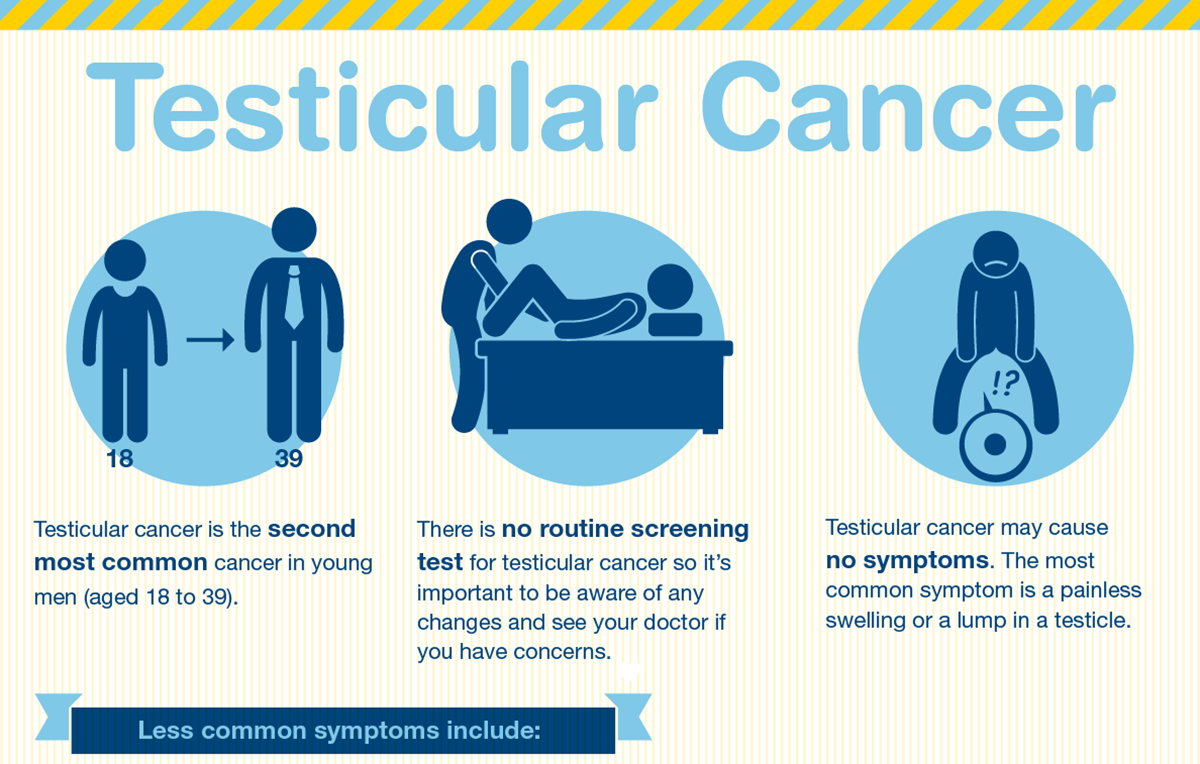Morgan Spurlock’s Cancer Diagnosis
What cancer did morgan spurlock have – Morgan Spurlock, an acclaimed American documentary filmmaker, was diagnosed with testicular cancer in 2006.
Testicular Cancer
Testicular cancer is a type of cancer that develops in the testicles, the male reproductive organs responsible for producing sperm and testosterone. It is relatively rare, accounting for about 1% of all cancers in men.
Spurlock’s diagnosis was based on a self-examination where he discovered a lump in his testicle. He subsequently underwent a physical examination and ultrasound, which confirmed the presence of a tumor.
At the time of diagnosis, Spurlock’s cancer was classified as stage 1, indicating that it was confined to the testicles without any evidence of spread to other parts of the body.
Treatment and Recovery

Morgan Spurlock underwent a comprehensive treatment plan to combat his testicular cancer. The primary focus was on removing the affected testicle through surgery, followed by adjuvant therapies to minimize the risk of recurrence.
The surgical procedure involved the removal of the cancerous testicle, known as an orchiectomy. This is a relatively straightforward procedure with minimal complications.
Chemotherapy
After surgery, Spurlock received adjuvant chemotherapy to eliminate any remaining cancer cells and reduce the risk of recurrence. The chemotherapy regimen he underwent typically involves a combination of drugs, such as cisplatin and etoposide, administered intravenously over several cycles.
Chemotherapy can cause a range of side effects, including nausea, vomiting, hair loss, and fatigue. Spurlock experienced these side effects to varying degrees during his treatment.
Radiation Therapy
In addition to chemotherapy, Spurlock also underwent radiation therapy to target any remaining cancer cells in the lymph nodes. Radiation therapy involves the use of high-energy X-rays or other forms of radiation to destroy cancer cells.
Radiation therapy can cause skin irritation, fatigue, and other side effects. Spurlock experienced these side effects during his treatment, but they were manageable.
Outcome and Current Health Status
The combination of surgery, chemotherapy, and radiation therapy proved successful in treating Spurlock’s testicular cancer. He has been in remission since completing his treatment and has maintained a healthy lifestyle.
Spurlock’s experience with cancer has inspired him to advocate for cancer awareness and prevention. He has become a vocal supporter of organizations that provide support to cancer patients and their families.
Impact on His Life: What Cancer Did Morgan Spurlock Have

Morgan Spurlock’s cancer diagnosis profoundly impacted his personal life, leading to a rollercoaster of emotions and a reevaluation of his priorities. Initially, he experienced shock, fear, and uncertainty as he grappled with the implications of his diagnosis. However, he found solace in the support of his family and friends, who provided a beacon of strength during his darkest moments.
Spurlock’s experience also sparked a transformation in his career and activism. The diagnosis gave him a newfound perspective on the importance of health and well-being, leading him to become an advocate for cancer awareness and prevention. He has since used his platform to raise funds for cancer research, promote healthy living, and inspire others facing similar challenges.
Insights and Lessons, What cancer did morgan spurlock have
Through his journey, Spurlock gained valuable insights and lessons that have shaped his outlook on life. He learned the importance of cherishing every moment, living life to the fullest, and seeking support from loved ones during challenging times. Spurlock also realized the power of positive thinking and the transformative potential of adversity, as it can often lead to personal growth and a deeper appreciation for life’s preciousness.
Raising Awareness and Advocacy
Morgan Spurlock has used his platform to raise awareness about cancer and advocate for patients. He has been involved in various campaigns and initiatives, including:
- Cancer Schmancer: Spurlock founded this organization in 2013 to provide support and resources to cancer patients and their families.
- Stand Up to Cancer: Spurlock has participated in this fundraising initiative, which supports cancer research and patient care.
- The Truth About Cancer: Spurlock produced and directed this documentary film, which explores the causes and treatment of cancer.
Spurlock’s advocacy efforts have had a significant impact on the cancer community. He has helped to raise awareness about the disease, reduce stigma, and increase funding for research and patient care.
Resources and Support
A cancer diagnosis can be an overwhelming and isolating experience. Fortunately, there are numerous resources and support groups available to individuals affected by cancer, providing emotional, practical, and financial assistance.
Seeking professional help and emotional support is crucial during a cancer diagnosis. A therapist or counselor can provide a safe space to process emotions, develop coping mechanisms, and navigate the challenges of cancer treatment. Joining a support group can also be invaluable, connecting individuals with others who understand their experiences and offering a sense of community.
Support Groups
- American Cancer Society: 1-800-227-2345
- CancerCare: 1-800-813-4673
- Leukemia & Lymphoma Society: 1-800-955-4572
- National Cancer Institute: 1-800-422-6237
- Susan G. Komen for the Cure: 1-877-465-6636
Websites and Hotlines
- American Cancer Society: www.cancer.org
- CancerCare: www.cancercare.org
- Leukemia & Lymphoma Society: www.lls.org
- National Cancer Institute: www.cancer.gov
- Susan G. Komen for the Cure: www.komen.org